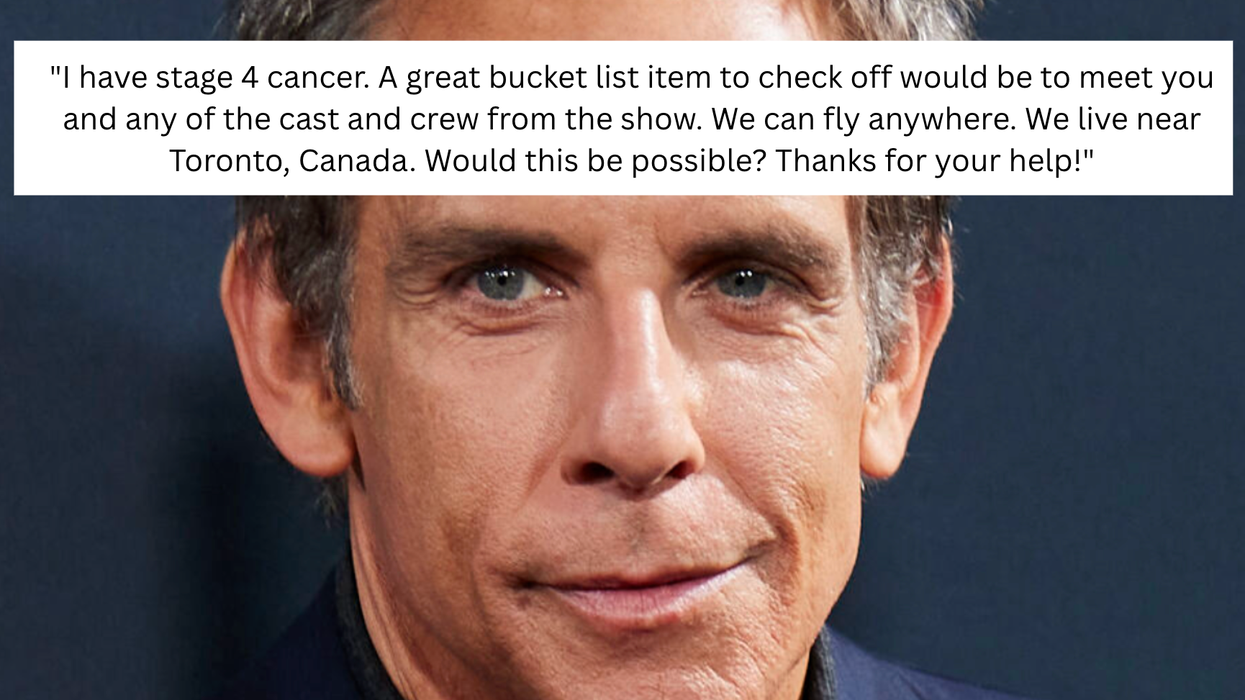Ever since recently returned volunteer Dr. Craig Spencer went to a New York City hospital with Ebola symptoms last Thursday, the whole nation has been in a tizzy of reactionary panic. Social media’s been abuzz with irate Americans criticizing Spencer for wandering around the city while contagious, for not quarantining himself at the earliest symptoms of the disease, and even for coming back to the states before he was absolutely sure he was disease-free. Some reports even claim nurses at Spencer’s hospital have called in sick to avoid treating him.
Meanwhile, the states of New York and New Jersey have reacted with draconian screening and isolation measures at international airports, throwing nurse Kaci Hickox into a grim seclusion upon her return this Friday. (She’ll now be allowed to go back home to Maine.) All these reactions are understandable, but none are particularly helpful. In fact, the response to the New York Ebola case may, rather than creating a healthy awareness and preparedness, actually aid Ebola’s spread around the world.
Ebola is a nasty virus. We all know that by now, so our innate fear of the disease makes absolute sense. And that fear got an unhelpful boost earlier this month thanks to the Thomas Eric Duncan case in Dallas, which shattered our deep faith in American hospitals to handle Ebola cases after the death of Duncan and transmission of the disease to two nurses. Combined with international headlines about Ebola cases in numerous other nations, most of which turn out to be false alarms—American media rarely deliver the less sensational follow-ups—by late October the nation was primed with fear stoked by sensationalist coverage.
But the truth is the Duncan case was an unlucky, unfortunate gap in an otherwise robust system—and a gap from which we’ve since learned. In recent days, it’s been revealed that the Dallas debacle did not come from the incompetence of nurses or the power of Ebola to overcome American healthcare, but rather arose from the patient’s failure to be forthright about his condition. The New York case is not Dallas 2.0, it’s a demonstration of both the strengths of modern medicine and the lessons learned from an earlier tragedy: By the time Spencer was diagnosed, New York alone had eight hospitals designated and specially equipped to handle Ebola, and forensic medics rapidly quarantined anyone with any real risk of infection (just three individuals, Spencer’s fiancée and two friends), taking above-and-beyond measures to sterilize most of the places he’d visited. Spencer’s actual story is proof of a system of protection that works.
Beyond just looking at the Duncan and Spencer cases, it’s also worth considering the big picture of Ebola beyond West Africa. Of the nine cases diagnosed or treated in the United States, only one individual (Duncan, an anomaly) has died. Of the two nurses who treated Duncan, the only cases of actual transmission within America, one has recovered fully and the other is in good shape. In fact, of all the Ebola patients treated outside of West Africa (18 cases, spread out across France, Germany, Norway, Spain, the UK, and the US), four individuals have died, three are still in treatment, and the rest have survived. Put that into perspective by considering that over 700 Doctors Without Borders workers alone have worked in Ebola hot zones since the outbreak.
Ebola is actually extremely hard to transmit—harder to catch than bird flu or MERS, diseases that didn’t inspire nearly as much panic but were almost as deadly in many respects. Spencer would have had to transmit bodily fluids on another individual to contaminate them; doctors are on record saying they would have felt no fear standing next to him on the subway when contagious. Unfortunately, the disease spreads in West Africa mainly due to a lack of medical staff, equipment, and cultural practices that put people into contact with these bodily fluids, conditions that are absent in most Western countries. Writ short, lucky Americans, who have access to generally excellent healthcare and technology, are more likely to die from a lightning strike than from Ebola.
And if Americans needed any more confidence in their ability to handle Ebola, around the same time Spencer was first exhibiting symptoms, the WHO declared Nigeria and Senegal—two nations with much larger outbreaks, more deaths, more transmissions, and infinitely less prepared medical communities than America—Ebola-free after 42 days without a new case diagnosed. And this was despite a host of panicked reports back in July about the disease’s inevitable expansion in those nations.
People shouldn’t waste their time worrying about catching Ebola in America. More than anything else, paranoid overreactions are not a healthy prophylactic, and in fact inspire fear, panic, and resistance to truly understanding the disease and how it spreads. If the Nigerian and Senegalese cases have taught us nothing else, it’s this: Freaking out can throw a wrench into even the most effective systems by, say, inspiring nurses to run away rather than stare down a disease. But more importantly, the federal government and health officials have slammed quarantines in New York and New Jersey because the more we panic, the more we risk dissuading Americans from traveling to West Africa to help contain the disease.
It’s easy to believe that closing our borders and letting nations solve their own problems is the best solution. But without proper medical aid—not just funds to build facilities but manpower to staff them—Ebola will just continue to blossom abroad. And because a national border is not some wrought-iron fence at the edge of the sea, the more cases exist “out there,” the more chance of true transmission and outbreak in the United States. So, the best thing we can do right now is not clamp down, but instead crib a note from Britain circa World War II. Keep Calm and Carry On.
















 Otis knew before they did.
Otis knew before they did.